Baby Help
Once you have given birth to your baby you will have lot's of questions about the day to day responsibilities for caring for a child. If you are a first time parent you day to day tasks can be daunting. Don't worry we are here to help. This section will provide you with some tips and advice on the most common parenting tasks.
Take me to:
How to Change a Nappy/Diaper
It is a fact that if you have a baby you will have to change nappies and lots of them. Disposable nappies tend to be far less trouble than reusable nappies but they are more expensive and not as environmentally friendly.
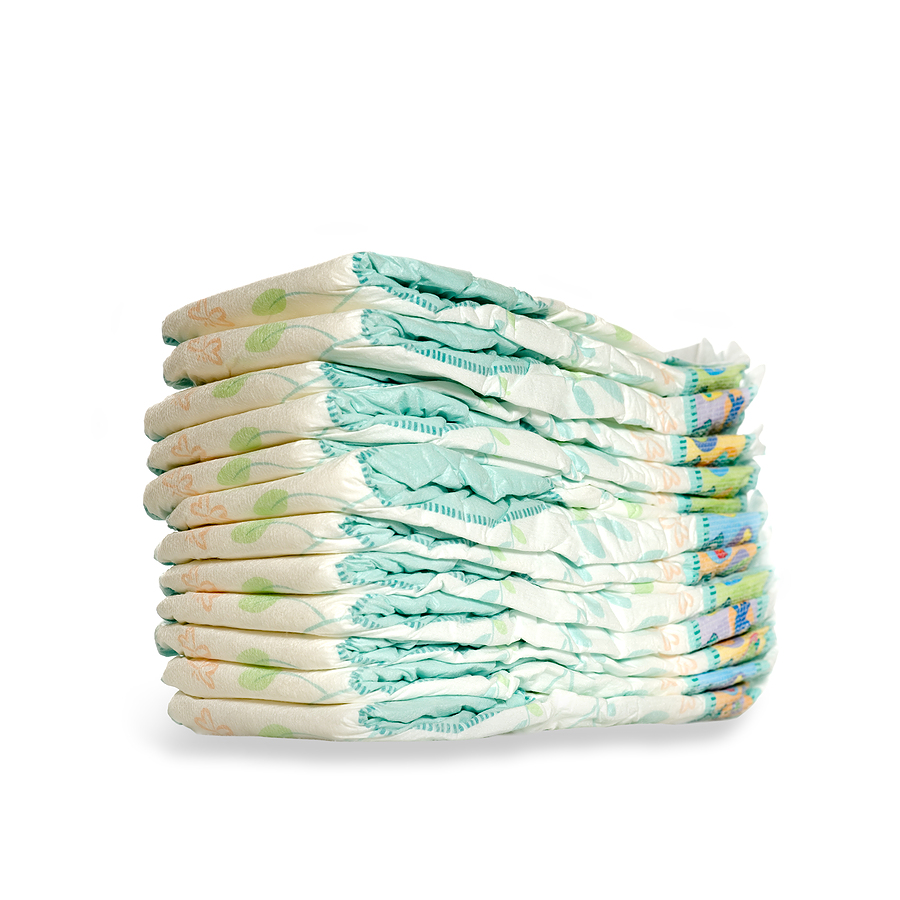
Your baby may experience nappy rash which is caused by the urine and faeces reaction breaking down and burning the baby’s skin. There are creams available but try to stick to cleaning the area with warm water and avoid using soaps and wipes and let baby’s skin breathe with no clothes on as often as possible.
Baby Sleeping Patterns
When first born your baby may sleep up to 18 hours a day but this is likely to be in intervals of 3 or 4 hours at a time. Your baby is likely to want feeding when he/she wakes so you will have to feed on demand during the first few weeks.
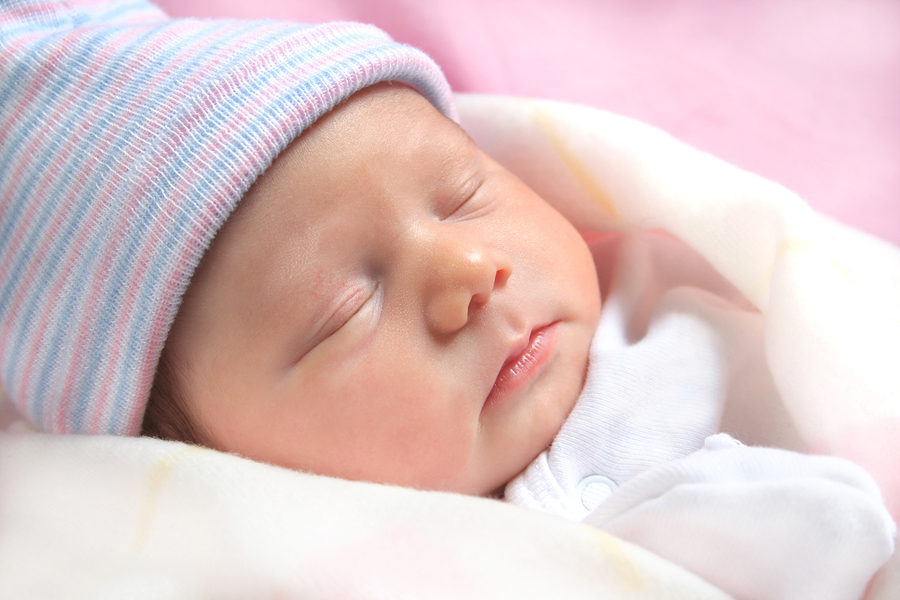
You can encourage your baby to sleep for shorter periods during the day and longer at night to bring baby in line with your sleeping patterns. Think about the baby’s surrounding at night if they have their own room or are in a cot in your room make sure you keep the environment dark at night and light and bright in the day so baby gets to recognise day and night.
As your baby gets old he/she will sleep for longer and routines will become easier so stick with it.
The guidance for new born babies to avoid Sudden Infant Death Syndrome (cot death) is:
-
Place your baby on his/her back
-
Tuck in the side of your baby’s blanket
-
Try to maintain your room temperature at around 18C/65F
Bathing Your Baby
Bathing your baby is a lovely time for both of you to bond. Place your baby bath on a steady, stable surface and fill the bath with about 3 inches ofwarm water to around 37C/99F – its handy to purchase a bath thermometer.
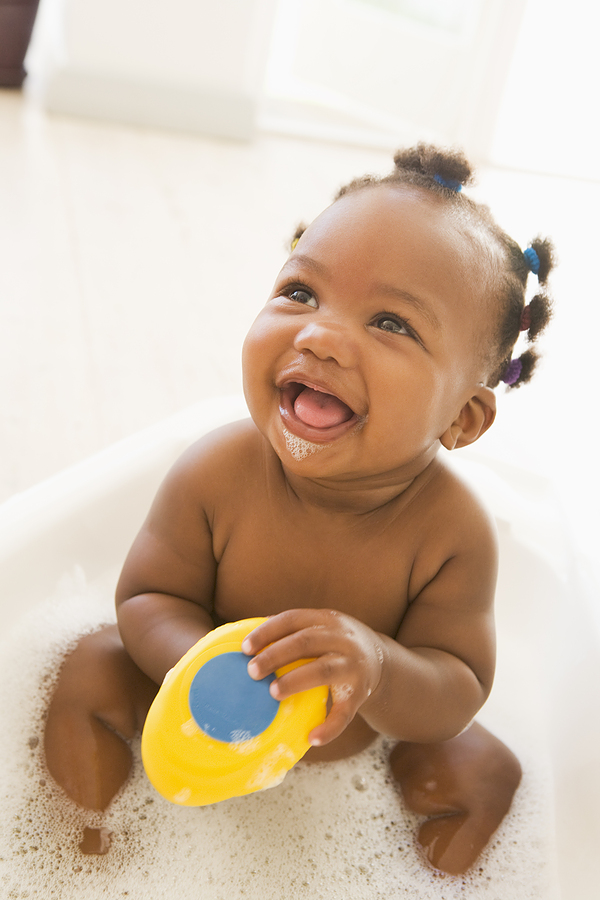
Support your baby with one arm and use the other to wash him/her taking care not to get soap or shampoo in the eyes. Using bath toys and singing songs will really stimulate your child’s senses and he/she will really look forward to bath time.
When its time to get out; wrap your baby in a warm towel and pat them dry don’t rub. Your can rub cream or baby massage oils onto your baby’s skin which will really relax them before bed time.
Why is my Baby Crying?
Trying to work our why your newborn is crying can be frustrating but you will soon get to recognise your baby’s different sounds and know instinctively what they want.
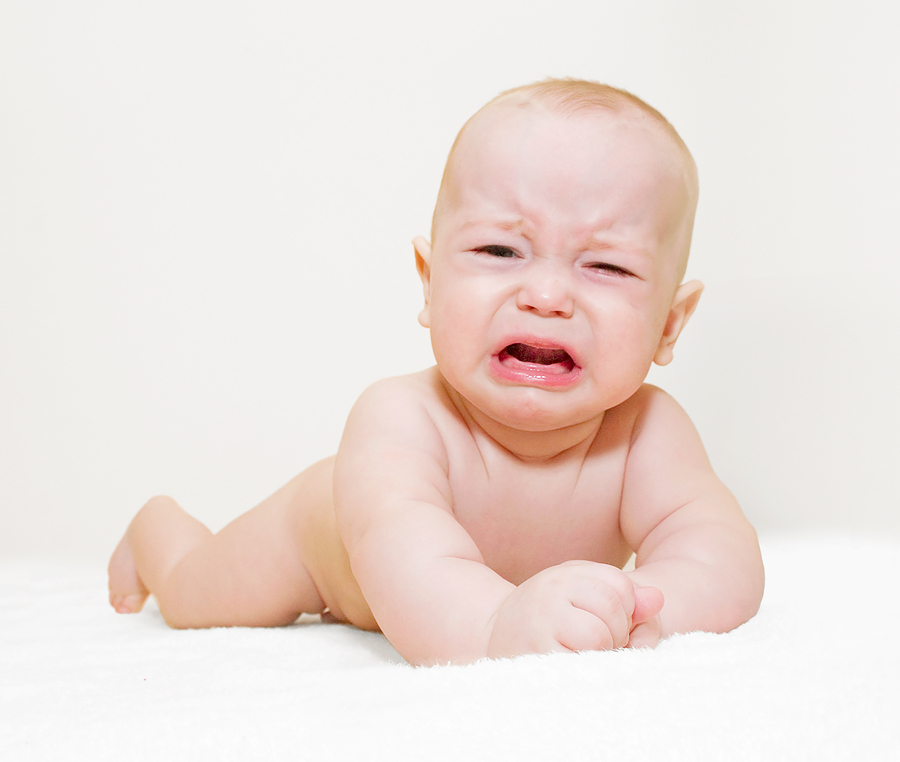
Babies cry for a number of reasons including:
-
Baby is hungry – if your baby is hungry then feed them.
-
Baby needs his/her nappy changing – have a look or have a sniff and this will confirm the matter.
-
Wind – put your baby over your shoulder and gently rub his/her back to help them release the wind.
-
Teething – Baby’s teethe from around 10-12 weeks and you will notice your baby is red cheeked and dribbling a lot. This can be a difficult time but there are gels you can buy to soothe your baby’s gums.
-
Colic - If your baby is persistently crying they may have colic. This usually occurs in the first few weeks after birth and can be very painful for the baby. Colic is essentially caused by trapped wind and there are several things you can do to trey to ease your baby’s pain including baby massage, taking your baby for a walk, bathing the bay in warm water, aromatherapy using lavender oil.
-
Fever – if you baby’s temperature goes about 37.5C then this can indicate a fever so take medical advice.
-
Tired – try a nice warm bath or a singing softly to get your baby to sleep.
What is the Ideal Baby Weight?
It is perfectly normal in your baby’s first week for him/her to lose upto 8% of their birth weight. Babies store fat to help them cope with birth and after they are born when they are waiting for mums feeding to kick in they can often lose weight so don’t be alarmed.
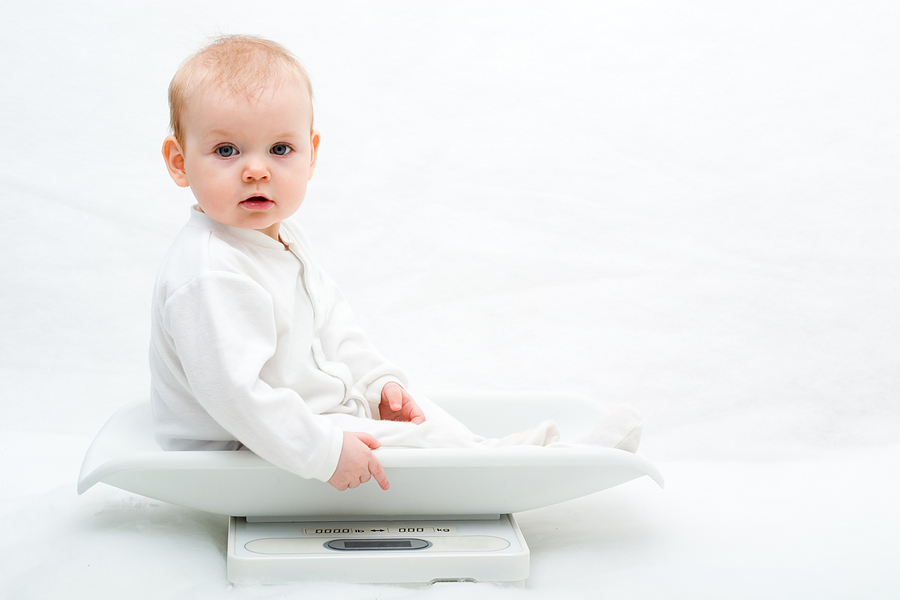
Babies come in all different shapes and sizes so try to avoid comparing weights. Monitor your own baby’s weight and if you are worried just ask a health professionals opinion.
Swimming with Baby
It is not advisable to take babies under 12 months old into the sea as their kidneys cannot cope with salt water intake so if you go on holiday besure to keep your babies head out of the water.
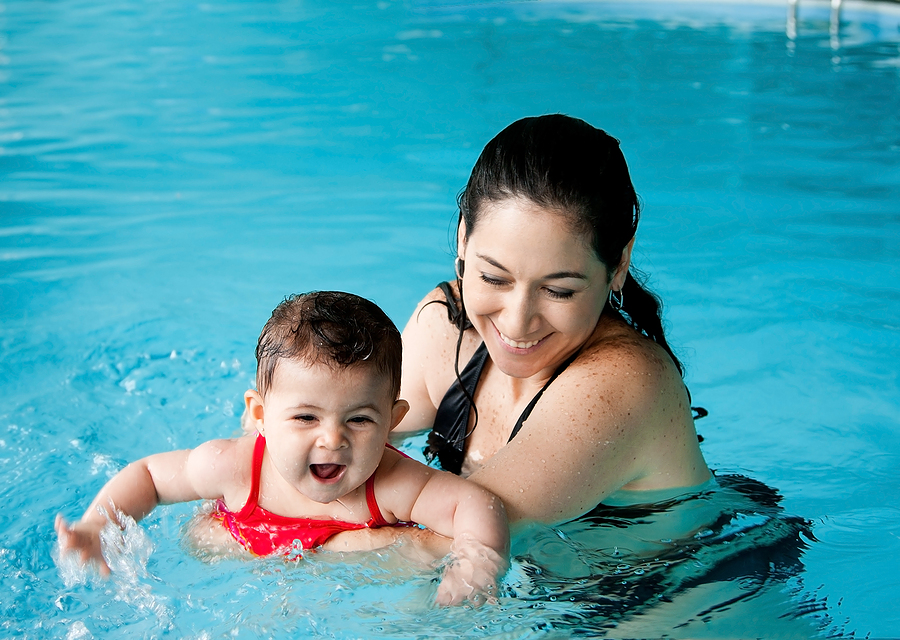
It is perfectly safe to take you baby into a swimming pool – in factbabies up to 3 months old have a ‘dive reflex’ that enables them to hold theirbreathe under the water. Swimming will also give your baby confidence and it’sa great fun time to bond with your child. Just remember to buy your specialswimming nappies.
Teaching Your Baby to Swim
Baby Names
Choosing your baby's name is one of the most important decisions you will make so take your time before you make up your mind. Think about whether you want to go for a traditional name or you want to choose something different?
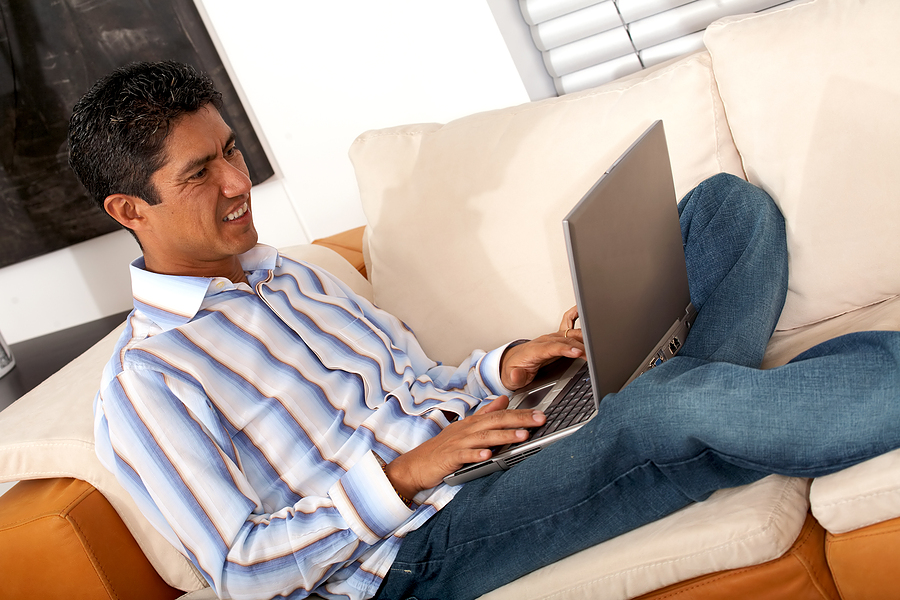
A child’s name can impact on his or her personality and your babies’ ability to interact with his or her friends so consider the impact the chosen name may have in future years to come. How does the name sound, is it compatible with the surname and what is the meaning of the name?
We have had hundreds of births through Co-ParentMatch.com and we love hearing your success stories. We also love you telling us what you have named your baby so check out our most Popular Co-ParentMatch Girl and Boy Baby Names.
Related Articles:
Your Baby